- Mame et Delaunay-Vallée & Levavasseur, Paris 1830, 13x21,5cm, 2 volumes reliés. - BALZAC Honoré de Scènes de la vie privée [Scenes from Private Life] Mame et Delaunay-Vallée & Levavasseur, Paris 1830, 130 x 215 mm (5 1/8 x 8 7/16 "), 2 volumes, 19th-century half sheep The rare and sought-after first edition. Contemporary Romantic half light-brown sheep over marbled paper boards, spine with gilt arabesques and blindstamped typographic motifs, title and volume labels in navy blue sheep renewed, gilt garlands to head and foot, marbled endpapers and pastedowns, a remboitage. Occasional light spotting. Handsome autograph inscription signed by Honoré de Balzac: "à Monsieur Leroy comme un témoignage de la reconnaissance de l'auteur. Avril 1831. De Balzac [to Monsieur Leroy as proof of the author's thanks. April 1831]". An outstanding political, inscription to Henry Leroy, the dedicatee of the last Letter on Paris, published in Le Voleur and witness, in the days after the July Revolution, to Balzac's electoral hopes, which would prove a profound influence on his writing. Beyond the political gesture, the gift of this Scenes from Private Life to help satisfy his political ambitions underlines, right from the start of his political engagement, the pre-eminence of the literary project over political action for the author of The Human Comedy. Though he considered the July Monarchy a betrayal, it gave Balzac the opportunity to make good on a long-held ambition, that of political participation. As far back as 1819, he had written to his sister: "If I am mighty .I could have other things beside literary fame; it is good to be a great man and a great citizen, to boot." The change in the eligibility conditions offered the author the opportunity of being a part of writing History, with a capital H. Balzac, "following in the footsteps of his model Chateaubriand, wanted to be both a thinker and a politician" (cf. P. Baudouin in Balzac et le Politique). The realization of this ambition came about through the publication of the Letters on Paris, 19 articles published in Le Voleur between September 1830 and March 1831, which concluded with the famous An Inquiry into the policy of two Ministers. Never signed, these articles represent the most significant of Balzac's political works and have therefore been the subjects of a great many studies and commentaries. Each of the Letters is symbolically addressed to a correspondent, giving only their initials and home town. Though they were long considered fictitious, most have today been identified, and are drawn mostly from those close to the author and powerful political figures. Thus, it was following Letter XVI on the 26 February 1831 that Samuel Henry Berthoud, the addressee, suggested that Balzac stand as a candidate in his district. Keen on the idea, Balzac officially announced his candidature in his Letter of the 15 March and then, still acting on Berthoud's advice, addressed his Letter XIX of the 29 March to M. L*** à Cambrai. The name behind the asterisks is that of the lawyer Henry Leroy, whose key support in Cambrai Balzac hoped to secure. Balzac's main political hopes were centered on Cambrai, whose elites he wanted to win over, while Berthoud, the editor in chief of the Cambrai Gazette, would take care of promoting his popularity among the ordinary folk. "M. de Balzac is not only a famous writer, he is perhaps moreover a talented commentator. One hardly needs to mention to back up that statement the famous Letters on Paris, published in Le Voleur, in which one can see at work a sure judgement and a lucid precision.What's more, M. de Balzac is also engaged with a popular political publication which should help significantly to spread, among the poorer classes, both education, and even more importantly: healthy ideas." Having written this, he then contacted his friend and champion: "Come to Cambrai as soon as you can. We will bang the big drum for you, the Société d'émulation serving as t
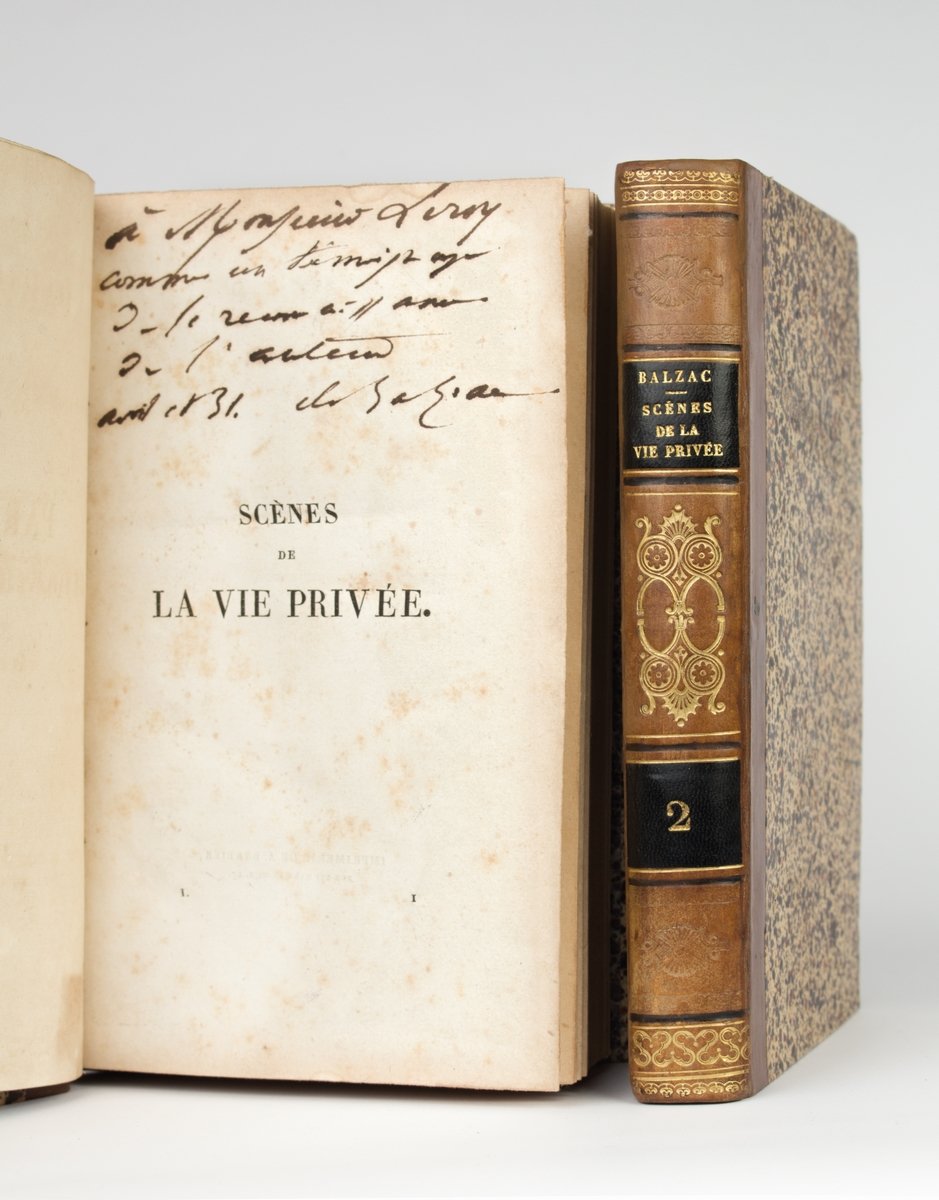
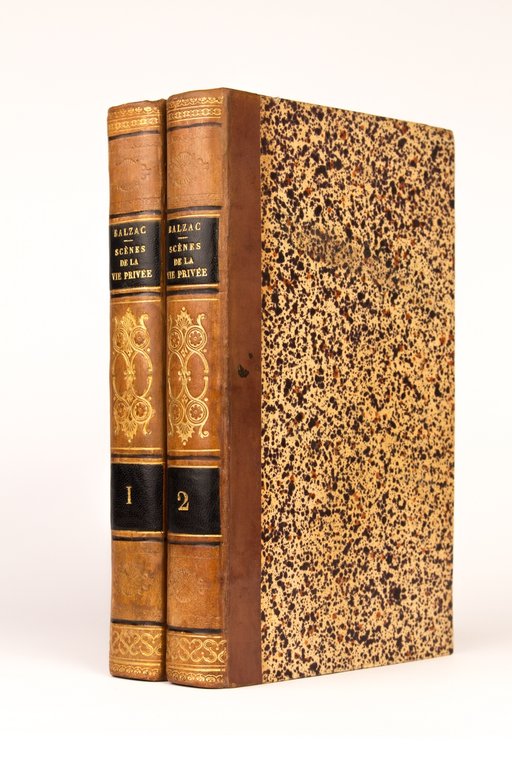
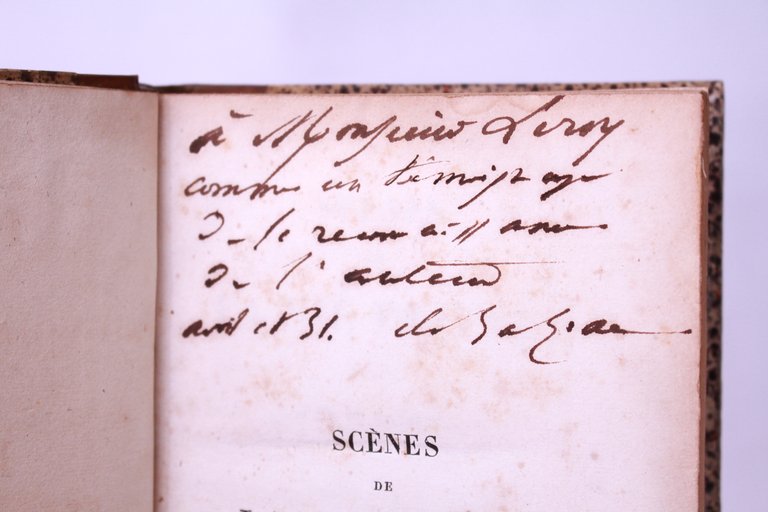
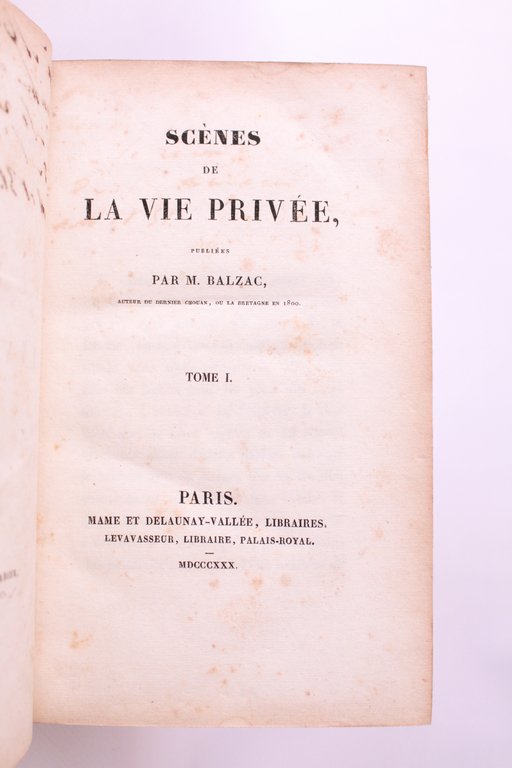
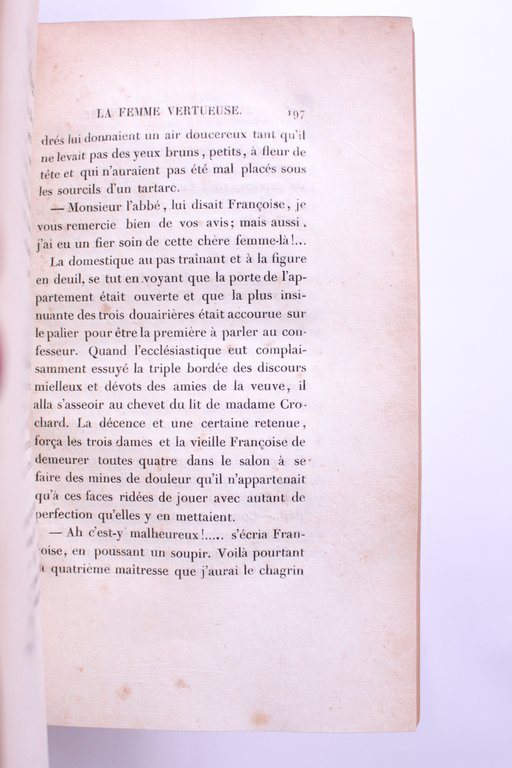
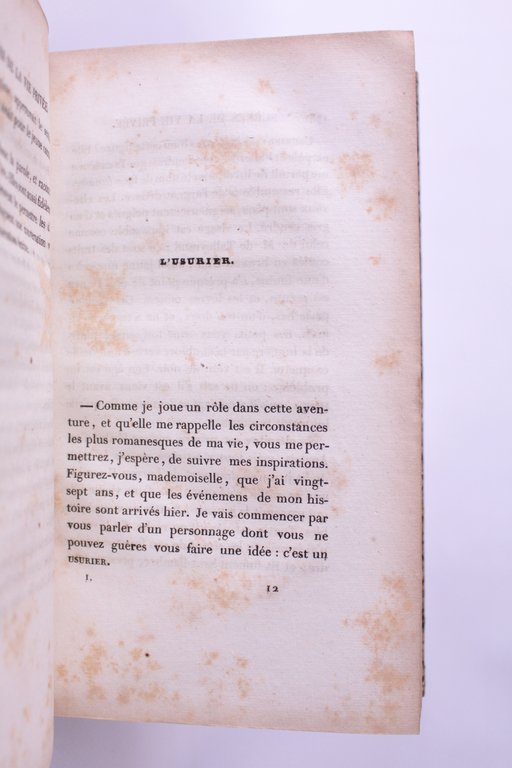
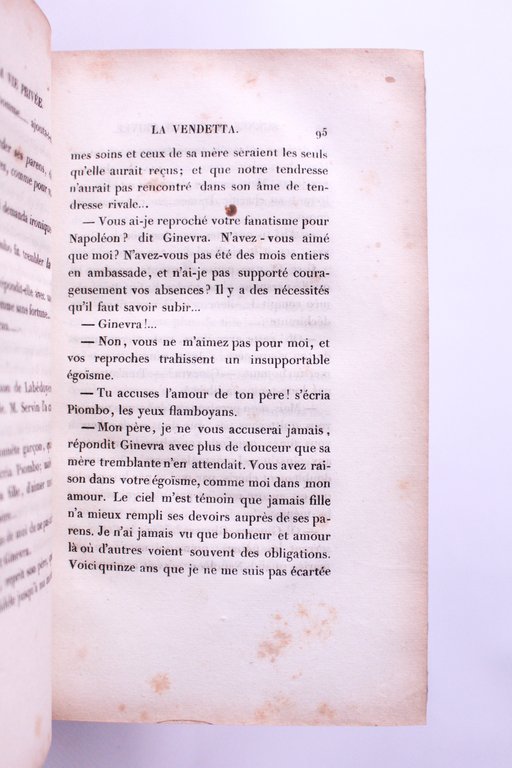
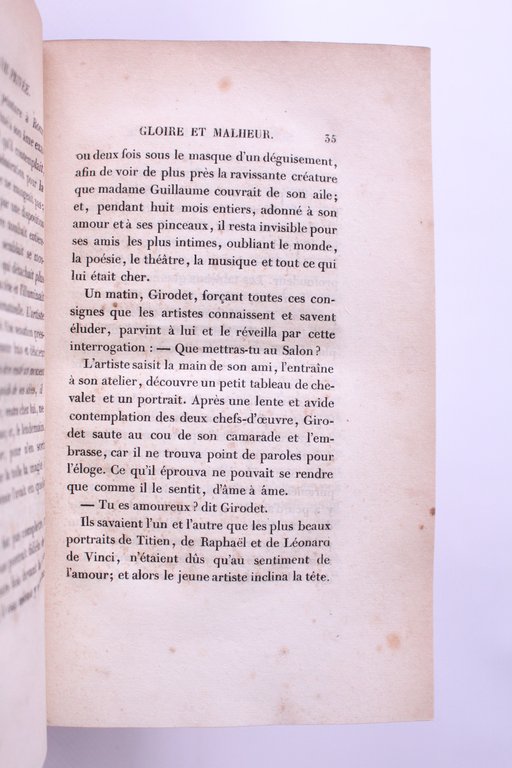
Descubre cómo utilizar
Descubre cómo utilizar
